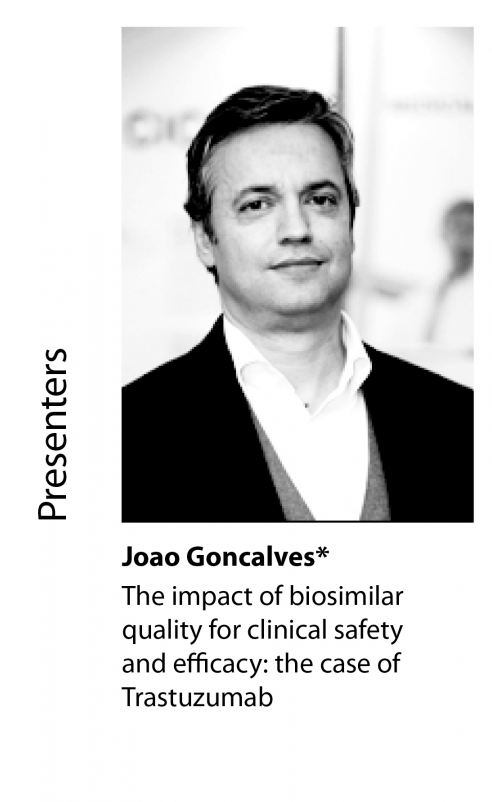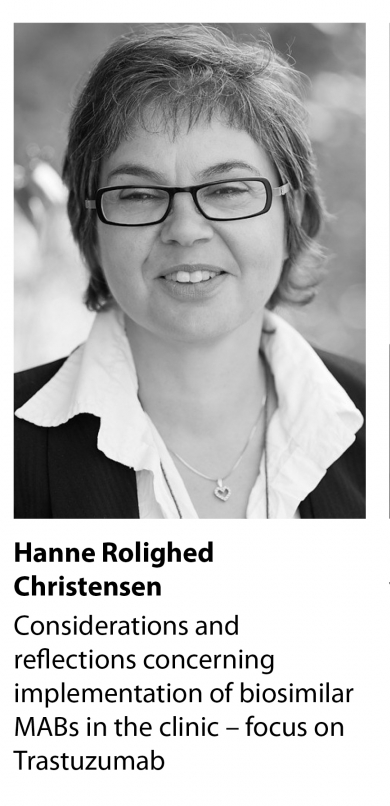Open Learning Course: Biosimilars in breast cancer - the next challenge

![]()
Section 1 – Introductory Statements and Governance: Statements 1.1, 1.6
Section 4 – Clinical Pharmacy Services: Statements 4.1
![]()
Click here to download the ACPE description form
![]()
For many years, biological drugs have not been subject to the competition of generics. There are good reasons for this, as complex biological molecules cannot be shown to be bioequivalent based solely on analytical data and pharmacokinetic studies.
Drug regulatory authorities acknowledged this, and the European Union (EU) pioneered the concept of biosimilars with detailed guidance to show bioequivalence of biological drugs. This concept has been applied for several medicinal products, such as growth hormone, epoietin or granulocyte colony stimulating factors, and more recently, monoclonal antibodies (infliximab) and a fusion protein (etanercept).
Biologics have long been used in the targeted treatment of cancer and patent expirations are now occurring. Biosimilars of trastuzumab, the key treatment option in HER2 positive breast cancer patients, will soon be coming into the market. The opportunity for savings is huge, although trastuzumab is only used in about 20% of breast cancer patients; it is a major part of therapeutic cost in this disease. On the other hand, this drug is often used in neoadjuvant and adjuvant therapy, with a curative purpose, and this may lead to some concerns, especially regarding extrapolation of data from small scale biosimilar clinical trials and potentially from biosimilar trials conducted in the metastatic setting. This will likely be a highly charged discussion considering the strong activism of breast cancer patients.
To make the best of this new frontier, Hospital Pharmacists must be understand the concepts and facts, to be able to provide a scientific unbiased approach to this issue, with a focus on patient care in a world of limited resources.
The implementation of Biosimilars will also depend on the involvement of all health professionals and other stakeholders (patients, management, etc.), and pharmacist will be the main drivers of this process.
Click HERE to access the course!
![]()
At the end of the open learning course, participants should be able to:
- acquire new understanding of the key facts which support biosimilar approval in the EU as applied to breast cancer therapy;
- recognise biased trends of change in first line therapy; and,
- advise how to implement biosimilars of monoclonal antibodies used in breast cancer.
Breast cancer, biosimilars, future therapeutic options, oncology








